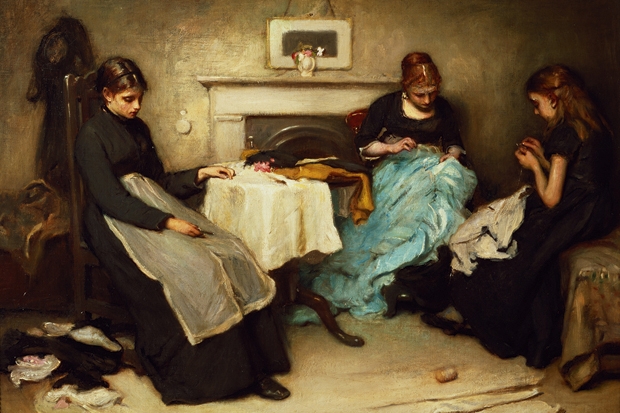Some unjustified assumptions inform the Spanish government’s anti-Catalonian rhetoric: that it will be in power long enough to prevent Catalonia leaving Spain; that it can disallow the region’s continued or renewed membership of the EU as an independent state; or, at the very least, that it can ban a referendum on the matter.
On 20 December, Spaniards head to the polls in a general election that will see the country’s two main parties – the governing, conservative Popular Party and the socialist PSOE – challenged, for the first time in the country’s democratic history, by newcomers such as leftist Podemos (‘We Can’) and centre-right Ciudadanos (‘Citizens’). The makeup of the next Spanish government is at present an unknown quantity, meaning there is a chance of improved communication and negotiation between Barcelona and Madrid. The Catalan president Artur Mas can perhaps be a little more optimistic about the fraught project of keeping an independent Catalonia in the EU.
Mas wrote to Alex Salmond recently to thank him for his recent show of support for Catalonian secessionists. Salmond, Mas enthused, can take the credit for ‘driving an exemplary process between Scotland and the rest of the UK’ (omitting to mention that said process culminated with Scotland voting to remain in the UK and Salmond’s subsequent resignation).
It is natural that Mas, whose pro-independence coalition gained 62 seats in the region’s 135-seat parliament last month, has turned to the Scottish independence movement as an example for Catalonia. He wants, as his role-model Salmond did, the best of both worlds: the security of remaining in the EU – and in Catalonia’s case the single currency – as well as the ability to reject centralised rule from Spain. Mas can look to Scotland for guidance on how to navigate the intricate legalities of such a manoeuvre.
For an independent Catalonia seeking continued membership of the EU, there would be two options, as there would have been if Scotland had split from the UK. One would be for Spain to seek amendment of relevant EU treaties, while Catalonia was still part of an EU member state, to allow the province continued membership of the bloc after secession – a move that some maintain is permitted under Article 48 of the Lisbon Treaty. The other would be for Catalonia to leave the EU, for an unspecified amount of time, and re-apply for membership under Article 49 of the Treaty. The first option would constitute an unprecedented use of Article 48 and the second would be a long and fraught process: Croatia’s eventually-successful application for EU membership, for example, was a ten-year affair.
The fundamental problem with either route, though, can be stated in one word: Madrid. The current Spanish government would refuse to apply for amendments to Article 48, and Catalonia would probably be unable to apply unilaterally. An application to re-join the EU after secession, under Article 49, would require the approval of all 28 member states, and Mariano Rajoy’s Popular Party has vowed that it would vehemently oppose an independent Catalonia’s attempts to re-join the EU. Indeed, Rajoy won’t even grant Catalonia a referendum on secession. As Mas lamented in an article in the Guardian earlier this month, ‘Our hands are extended, yet the fist in Madrid is never unclenched’.
But the fist might not remain clenched forever. Many Spaniards, especially those in their 20s and 30s, see December’s election as a chance to usher in a new political era for Spain. In the minds of many of the electorate, the Popular Party and PSOE, after forty years of sharing power, are now names synonymous with deep-rooted corruption and an ‘old’ Spain that should be left firmly behind. Indeed, it was Catalonia who showed its rejection of this ‘old’, Franco-era Spain by symbolically banning the bullfight in 2011.
The joint dominance of the Popular Party and PSOE in post-Franco Spain has created a real desire for change on the political landscape, one from which pro-independence parties in Catalonia may benefit. The new Spanish government, whatever its composition, might still be unconvinced of the benefits of Catalonian secession, and keeping an independent Catalonia in the EU would be complicated in any scenario. But, after 20 December’s historic general election, the politicians on the other side of the negotiating table from Catalan secessionists may be open, at least, to a dialogue about its possibility. The ‘clenched first’ of Madrid may not remain so for much longer.






Comments